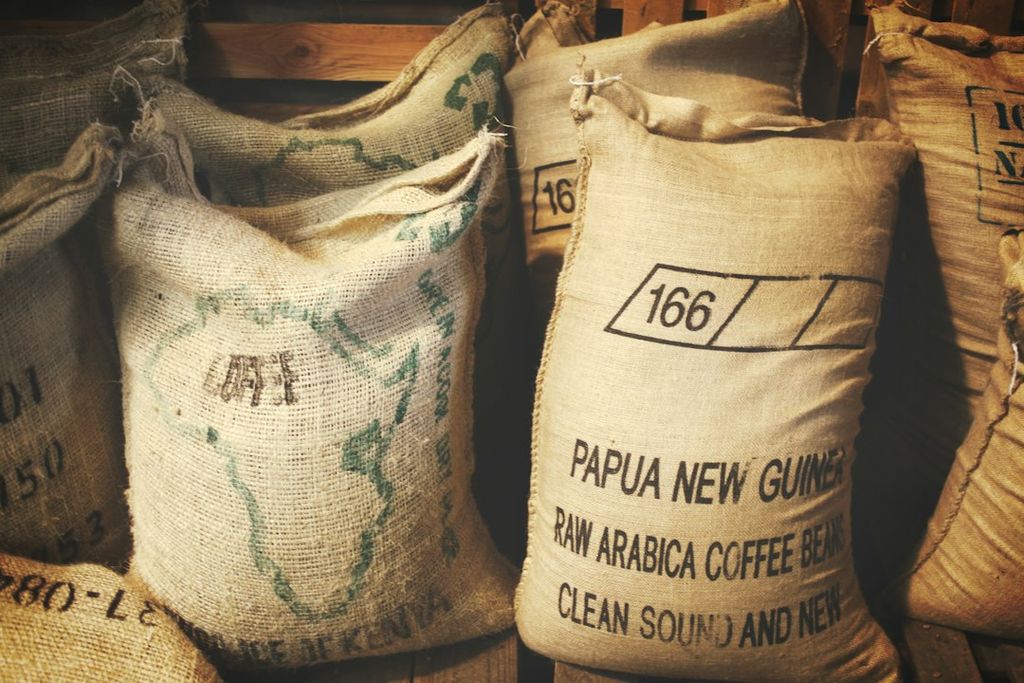The fiscal challenge in US-Indonesia agricultural exports is a complex issue that requires a comprehensive understanding of the impact of trade policies and the challenges in market access. This article explores the implications of tariffs, non-tariff barriers, trade agreements, government subsidies, sanitary and phytosanitary measures, quality standards, certification, and infrastructure and logistics on the agricultural trade between the two countries.
Key Takeaways
- Tariffs and non-tariff barriers have significant implications for agricultural trade between the US and Indonesia.
- Trade agreements play a crucial role in shaping the agricultural exports between the two countries.
- Government subsidies have a notable impact on the US-Indonesia agricultural trade.
- Sanitary and phytosanitary measures are important factors in addressing barriers to market entry.
- Meeting import requirements related to quality standards and certification is essential for successful agricultural exports.
The Impact of Trade Policies on US-Indonesia Agricultural Exports
Tariffs and Non-Tariff Barriers: Implications for Agricultural Trade
Trade policies have a significant impact on US-Indonesia agricultural exports. Tariffs and non-tariff barriers create challenges for market access and hinder trade growth. Resolving payment delays is crucial for ensuring smooth transactions and fostering trade relationships.
Trade Agreements and their Effect on Agricultural Exports
Trade agreements play a crucial role in shaping the landscape of agricultural exports between the US and Indonesia. These agreements establish the terms and conditions for B2B trade, facilitating the flow of goods and services across borders. They promote fair competition, reduce trade barriers, and provide a framework for resolving disputes. By creating a predictable and stable environment, trade agreements foster trust and encourage long-term partnerships between businesses in both countries.
Government Subsidies and their Impact on US-Indonesia Agricultural Trade
Government subsidies play a significant role in shaping the landscape of US-Indonesia agricultural trade. These financial aids provided by the government can have both positive and negative effects on the export of agricultural products between the two countries. While subsidies can potentially boost the competitiveness of US agricultural exports in the Indonesian market, they can also create challenges and distortions in trade. It is important to carefully analyze and monitor the impact of government subsidies to ensure fair and sustainable trade practices.
Challenges in Market Access for US-Indonesia Agricultural Exports
Sanitary and Phytosanitary Measures: Addressing Barriers to Market Entry
Sanitary and phytosanitary measures play a crucial role in ensuring the safety and quality of agricultural products in international trade. These measures are put in place to protect human, animal, and plant health from potential risks associated with the importation of agricultural goods. Compliance with these measures is essential for US-Indonesia agricultural exporters to gain market access and maintain a competitive edge.
Quality Standards and Certification: Meeting Import Requirements
Meeting import requirements is crucial for ensuring the successful export of agricultural products from the US to Indonesia. It involves complying with quality standards and certification processes that are set by the importing country. These requirements are put in place to protect the health and safety of consumers and to maintain the integrity of the agricultural supply chain. By meeting these import requirements, exporters can gain access to the Indonesian market and tap into its potential for growth and profitability.
Infrastructure and Logistics: Enhancing Supply Chain Efficiency
Improving infrastructure and logistics is crucial for enhancing the efficiency of the supply chain in US-Indonesia agricultural exports. By addressing key challenges and implementing effective solutions, both countries can benefit from smoother and more streamlined trade.
Challenges in Market Access for US-Indonesia Agricultural Exports. The global agricultural market is highly competitive, and US exporters face numerous challenges when it comes to accessing the Indonesian market. One of the main obstacles is the complex regulatory environment, which includes strict import regulations and certification requirements. Additionally, cultural differences and language barriers can pose challenges for US exporters trying to navigate the Indonesian market. However, with the right strategies and partnerships, US exporters can overcome these challenges and tap into the vast potential of the Indonesian agricultural market. If you are a US exporter looking to expand your market access and overcome these challenges, visit our website No Recovery No Fee Debt Collections for debt collection solutions made simple.
Frequently Asked Questions
What is the current status of US-Indonesia agricultural exports?
The current status of US-Indonesia agricultural exports is…
What are the main trade policies affecting US-Indonesia agricultural exports?
The main trade policies affecting US-Indonesia agricultural exports are…
How do tariffs and non-tariff barriers impact agricultural trade between the US and Indonesia?
Tariffs and non-tariff barriers have significant implications for agricultural trade between the US and Indonesia…
What is the effect of trade agreements on US-Indonesia agricultural exports?
Trade agreements have a significant effect on US-Indonesia agricultural exports…
What is the impact of government subsidies on US-Indonesia agricultural trade?
Government subsidies have a significant impact on US-Indonesia agricultural trade…
What are the challenges in market access for US-Indonesia agricultural exports?
There are several challenges in market access for US-Indonesia agricultural exports…





